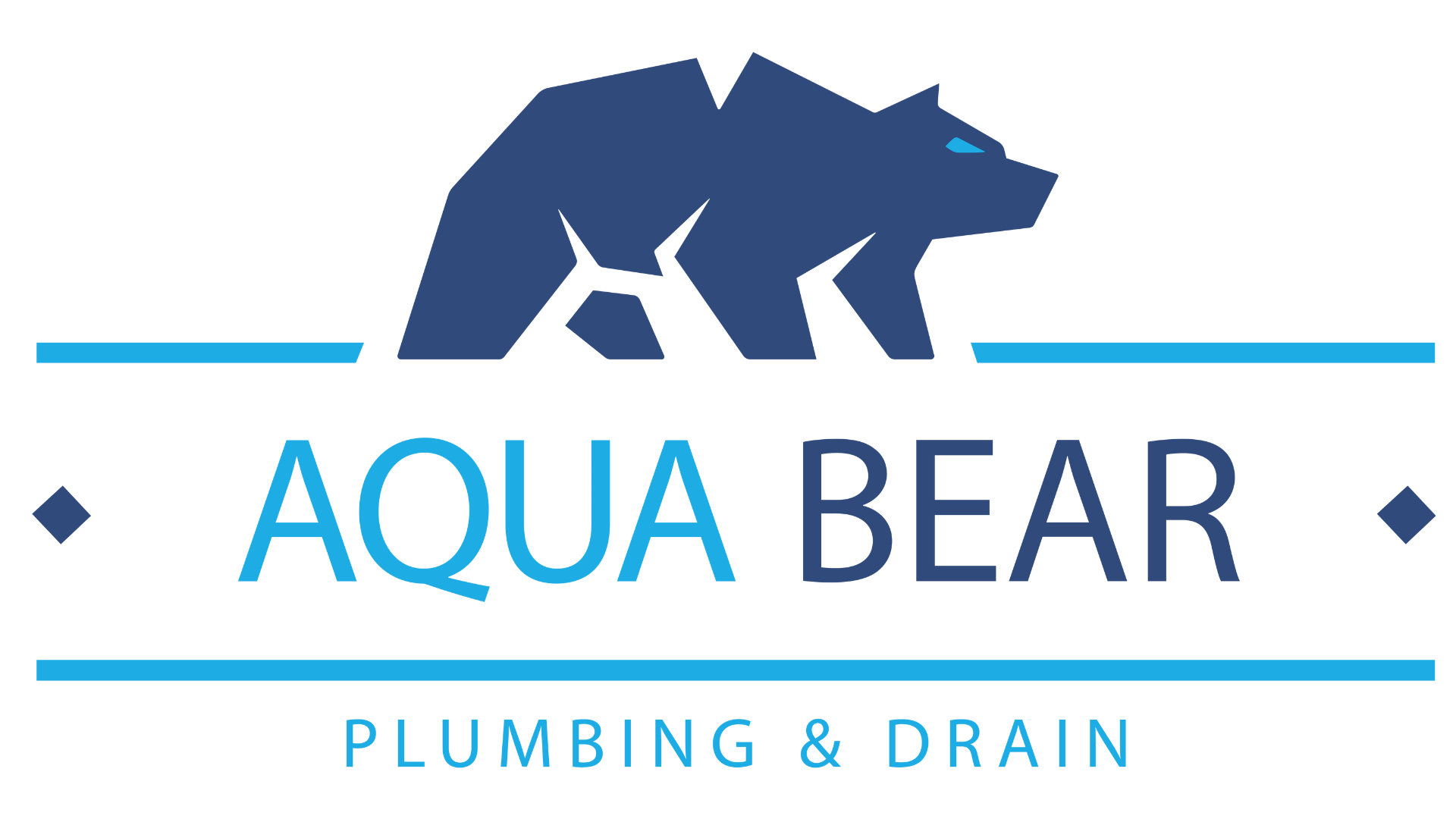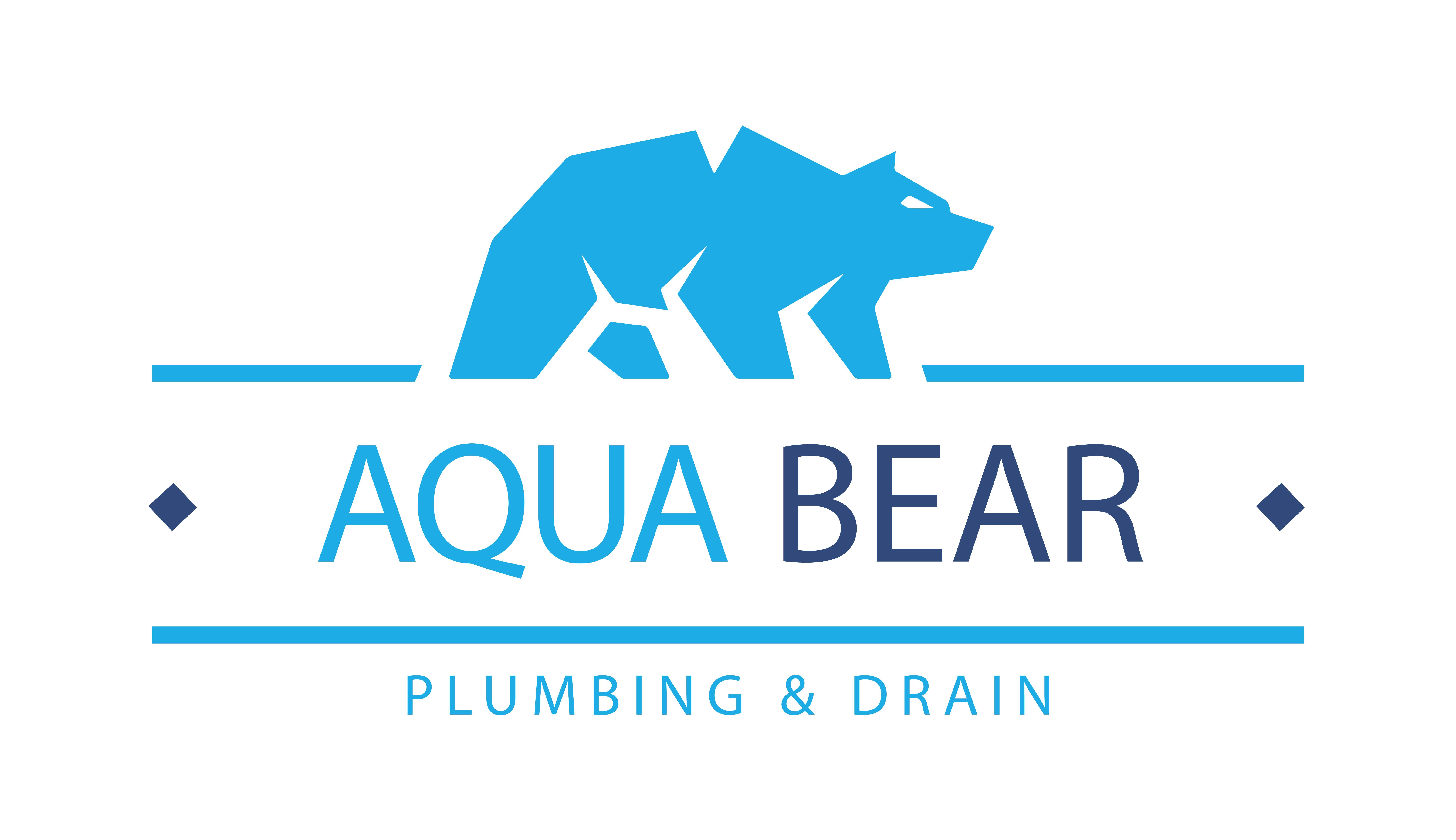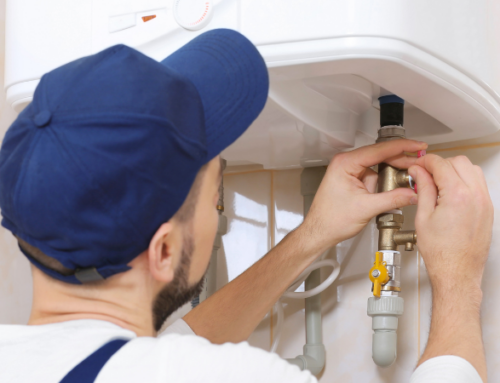How They Work
A conventional water heater is an appliance that heats incoming cold water and distributes it to plumbing fixtures and hot water-using appliances. Traditional water heaters utilize a storage tank to hold the water they heat until needed within the home. As hot water is drawn out of the tank and transported to an open faucet or washing machine, new water enters the bottom of the tank from the water supply line to replace what was taken. A heating element heats this cold water to a predetermined temperature set on the thermostat, and again, the heated water is stored until needed.
Unfortunately, if no hot water is in demand, like the times when you are sleeping, the stored water will be heated and reheated to ensure hot water is available, which wastes energy. Insulating the piping associated with the heater and the storage tank will help reduce heat loss and improve efficiency.
Signs Of A Failing Water Heater
We all depend on hot water, from taking a relaxing shower to disinfecting our dishes, and when the water heater begins to fail, it requires immediate attention and often replacement. Here are the common signs that a water heater is beginning to fail.
Age
Traditional water heaters have a ten-year lifespan, assuming proper maintenance is provided. If your heater is approaching or beyond this time period, it would be wise to replace it proactively. The consequences of delaying action are enormous since an outdated heater is increasingly more likely to explode with each passing year. The damage from an exploding storage tank is considerable and costly and can even lead to health-related problems. It is not worth the gamble.
Rust
Rust in the water can be an indicator of a storage tank that has seen better days, but there are other reasons why your water may appear rusty. Determining the cause will help you determine if your heater needs replacing or if some other issue is taking place.
The Storage Tank
When water is rust-colored only when you use hot water, it can be assumed that the storage tank is beginning to deteriorate. Aging heaters, especially in areas where hard water is a problem, will break down, leaving behind discolored water that stains toilets and tubs and is aesthetically unappealing.
The Pipes
If rusty water is coming out of both the hot and cold water supply, pipe corrosion should be addressed. Installing a water softener will remove hard water minerals that lead to pipe corrosion and will help eliminate rust particles in the water.
Strange Noises
Over time, sediment begins to collect on the floor of the storage tank. This collection hardens and forms a barrier between the stored water and the heating element, causing strange popping noises as trapped air attempts to bypass the sediment. Although not the only symptom of sediment accumulation, strange noises are signs of a storage tank under stress.
Increased Energy Bills
As the components of a traditional water heater begin to fail, the heater must work extra hard to maintain the desired temperature set by the thermometer. An overburdened appliance will take more energy to operate, thus increasing your monthly bills significantly. Unless you can account for an increase in hot water usage, it is likely your water heater needs replacing if you see your bills are soaring.
Inconsistent Or No Hot Water
There are several reasons why your heater is producing water with inconsistent temperatures or failing to produce any water. Here are the most common causes of these annoying signs.
Size
Water heaters must be sized to accommodate the expected hot water demand. Perhaps the size of your family has increased, or recently purchased appliances are demanding more hot water than your previous model. Whatever the reason, an increase in hot water needs requires the water heater to be upgraded, or there will not be adequate hot water when needed.
Gas And Mixing Valves
An aging system can result in a faulty gas valve or lack of temperature-balancing features needed to maintain consistent water temperatures. Replacing the gas valve or upgrading the mixing valve to a thermostatic model will help establish consistent temperature water.
Faulty Heating Element
As previously discussed, sediment can interfere with the proper operation of the heating element. When the water temperature inside the storage tank falls below a set threshold, a signal tells the element to heat up, which then increases the water temperature. If the element is overburdened by sediment accumulation, the water will not get hot, and the heater will likely need replacing.
Preventative Measures
The best defense against a failing water heater is to enroll in a yearly inspection where electrical connections, gas-related parts, corrosion issues, and other early signs of premature failure can be promptly addressed. Tank-style heaters benefit from yearly flushings to remove sediment. In areas with hard water issues, a water softener can be installed to improve the mineral content of the water.
Again, proactive replacement of heaters nearing or exceeding their lifespan is a wise decision since modern, energy-efficient models are now available. Education regarding tankless water heaters is also recommended since they eliminate the need for a storage tank, require considerably less room than a traditional heater, and boast high efficiency. They only heat water that is needed, eliminating the ongoing heating and reheating of water, which wastes energy and will provide an unlimited supply of hot water on demand.
Looking To Replace Your Failing Water Heater?
We are an experienced and highly regarded plumber who offers water heater repair, maintenance, and, when required, replacement. We understand the causes of premature failures and can monitor and provide the correct maintenance steps to maximize the life of your water heater and ensure your water quality and supply are more than adequate.
Give us a call to discuss your options and to partner with us so you can enjoy the peace of mind a well-working and adequately maintained water heater offers!






